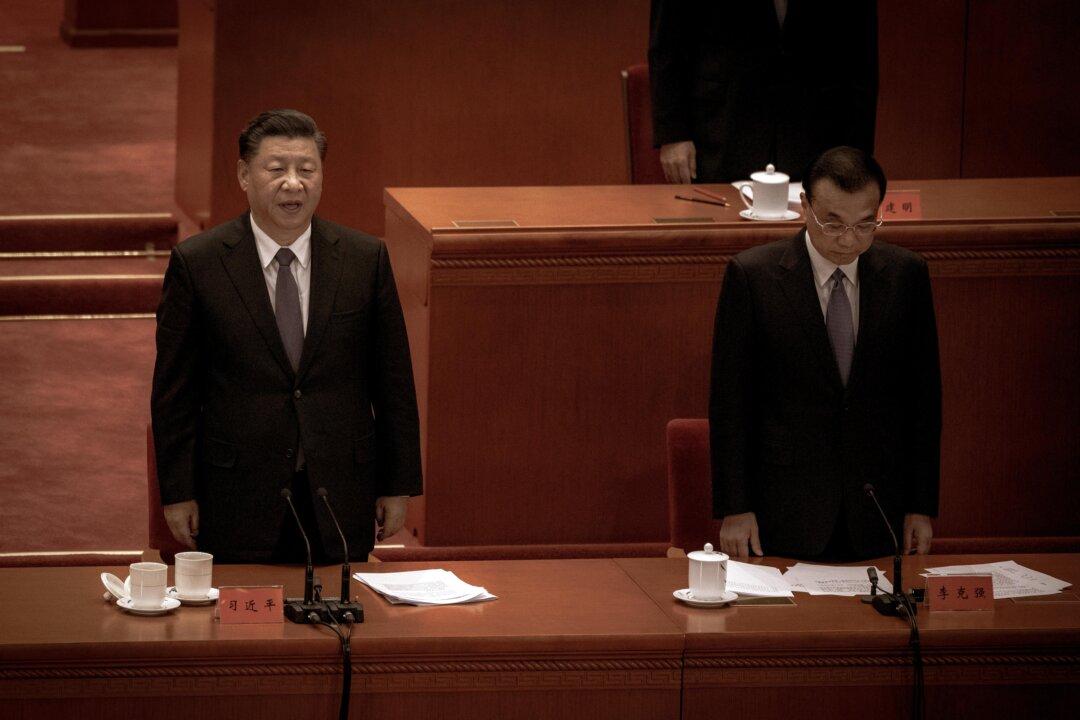An ongoing internal struggle exists within the Chinese Communist Party (CCP) between Xi Jinping, the head of the regime, and Premier Li Keqiang over their different visions for the Party’s management of the nation’s economy, according to an internal document recently leaked to The Epoch Times.
The confidential circular, issued by the Shijiazhuang City Commission for Discipline Inspection (CDI)—a branch of the CCP’s anti-corruption agency, the Central Commission for Discipline Inspection (CCDI)—on May 25, 2020, mentioned that the CCDI’s investigation team conducted research earlier that month to “coordinate epidemic prevention and control with economic and social development.”




